Médecins Sans Frontières (MSF), also known as Doctors Without Borders, has issued an urgent call for action to secure and distribute life-saving malaria medications as South Sudan faces its annual peak malaria season.
The international medical charity warned on Wednesday that nationwide stockouts of antimalarial drugs caused by supply chain disruptions have left many health facilities without treatment for nearly three months.
Widespread Stockouts Amid Rising Malaria Cases
MSF reported that some of its supported health sites have been without antimalarials and essential medicines since May, just as malaria cases begin to spike.
Public health facilities in Central Equatoria, Warrap, Northern Bahr el Ghazal, and the Abyei Special Administrative Area have run out of medicines, while clinics in Yei and Morobo counties have also faced severe shortages.
Ongoing conflict and insecurity have further limited access to care in many regions.
By late July, MSF said it had already treated more than 44,000 malaria patients in these areas, with numbers expected to rise dramatically during the rainy season from July to November.
UNICEF Distributions Fall Short
Earlier this month, UNICEF began distributing emergency stockpiles of malaria medicines to 80 counties across all 10 states. However, as of mid-September, only 23 counties in Upper Nile, Jonglei, and Unity states had received supplies.
Those limited deliveries are expected to last just one to two months.
“Malaria is a predictable, life-threatening seasonal emergency in South Sudan, yet each year, stockouts and supply chain failures leave the most vulnerable exposed,” said Dr. Sigrid Lamberg, MSF’s Head of Mission in South Sudan.
She urged actors involved in procurement and supply chain management to act immediately to restore the flow of medicines.
Malaria: South Sudan’s Leading Killer
According to the World Health Organization (WHO), malaria remains the leading cause of illness and death in South Sudan, responsible for at least 30% of deaths nationwide. WHO estimates that malaria cases could reach 8.3 million in 2025 in a country of just 12 million people.
In 2024, hospitals were overwhelmed during the malaria surge. At Aweil State Hospital, the pediatric ward admitted up to 400 children per week in September, double the admissions from the previous year.
The hospital averaged 43 daily admissions for severe malaria and carried out 14 blood transfusions per day, with overcrowding forcing staff to treat patients in corridors.
Urgent Call for Coordinated Response
Health experts warn that without immediate intervention, thousands of lives — particularly children’s — will be at risk during this year’s malaria peak.
MSF is calling for:
- Faster procurement and distribution of antimalarials.
- Improved supply chain reliability.
- Support from both government and international partners to prevent recurring shortages.
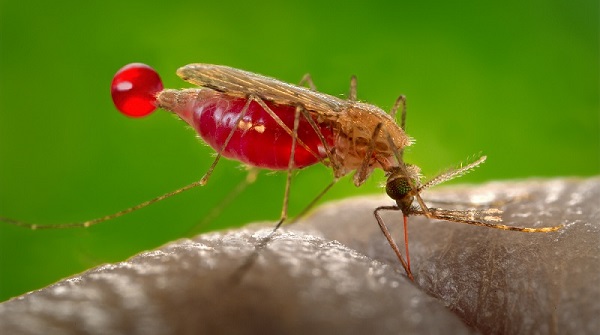
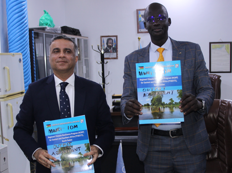

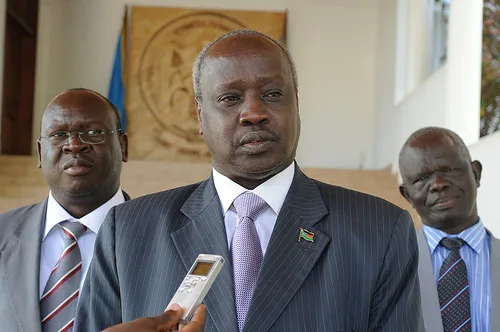

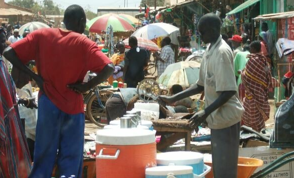
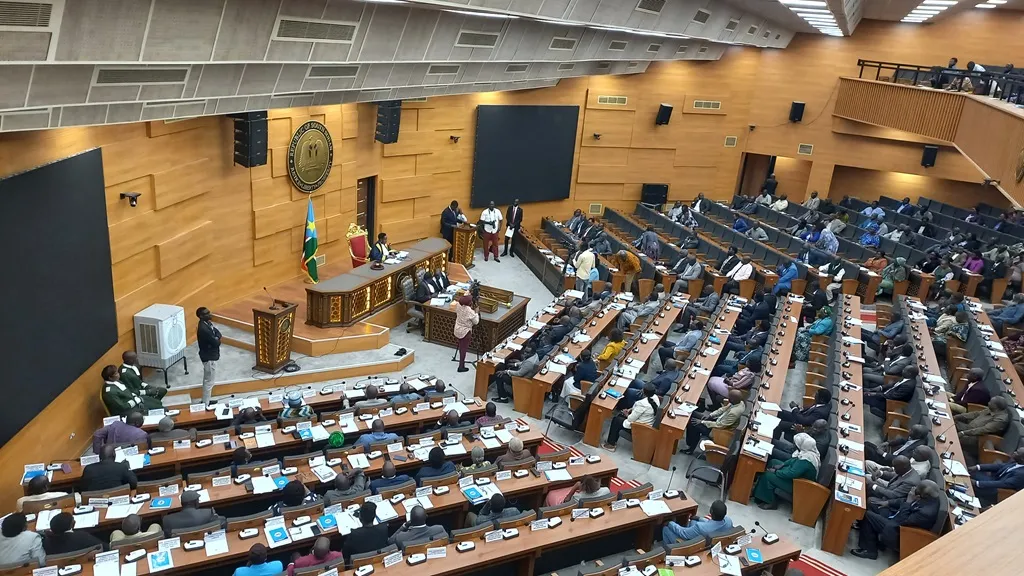
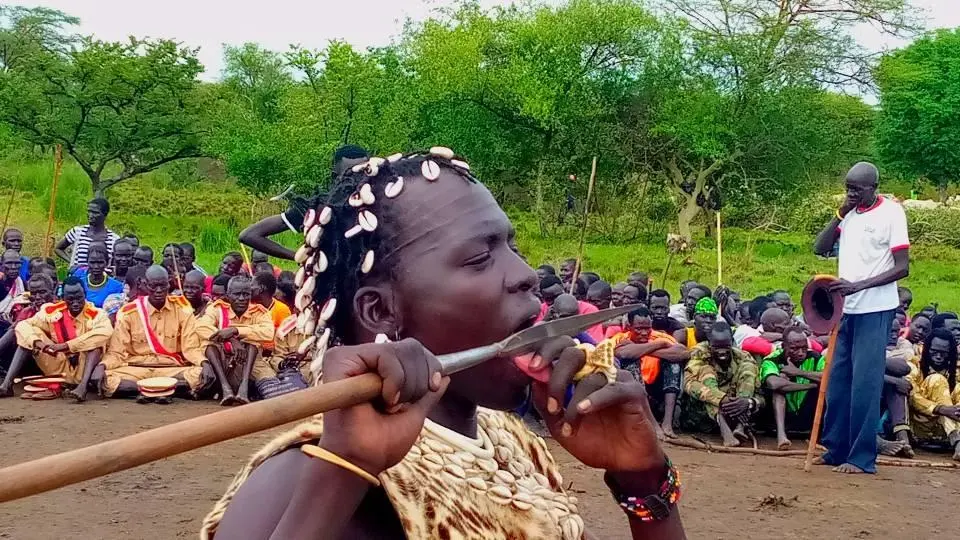
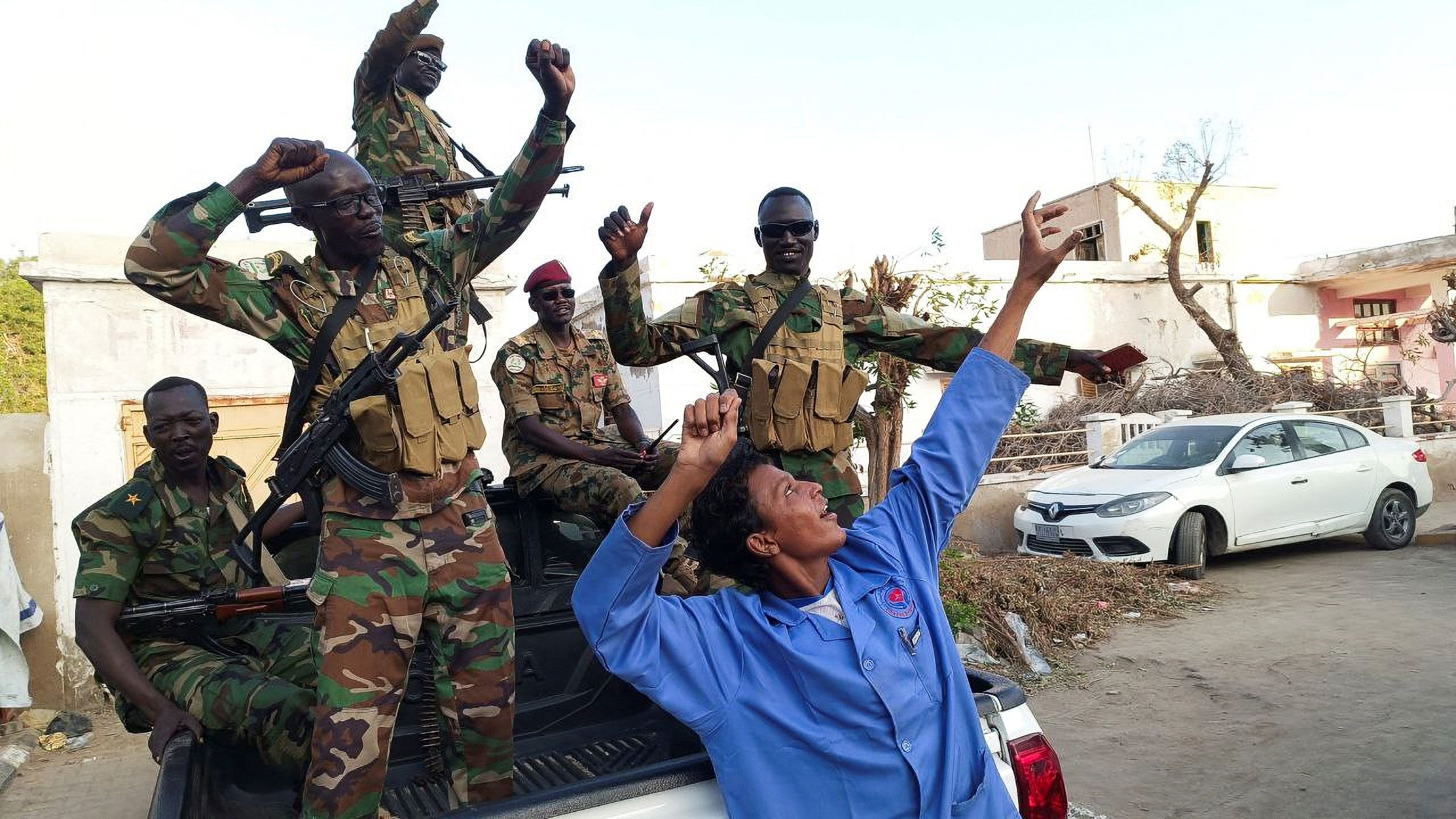


Leave a Reply